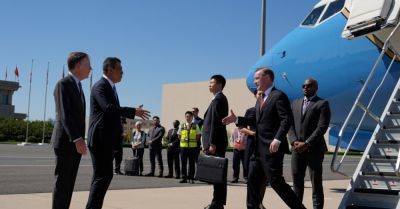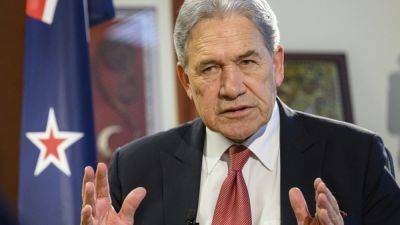China’s influence over Iran limited by teapot refineries
As the Iran-backed Houthis up their attacks on ships passing through the Bab al-Mandab straits at the tip of the Arabian peninsula, they are causing major disruption to global trade. All eyes are on China, which is portraying itself as the peacemaker of the Middle East. There’s an expectation that it will pressure Iran to rein in its proxy in Yemen.
Pundits argue that because China is Iran’s largest trading partner, accounting for a third of Iranian trade, and one of the few countries to continue purchasing Iranian oil despite American sanctions, importing 90% of Iranian crude, Beijing must wield considerable influence over Tehran.
Prior to the Red Sea crisis, a third of global maritime trade, and 40% of trade between Europe and Asia passed through the Bab al-Mandab Straits. Although Chinese shipping has been untouched by the crisis, Chinese trade has taken a hit. Business representatives in Shanghai complained that ships carrying goods from Europe are forced to reroute around the Cape of Good Hope, incurring additional cost and time.
Furthermore, due to the difficulty in discerning ship ownership, with most ships registered in the Bahamas, Bermuda, Panama and other places, it is only a matter of time before a Chinese-owned ship or a ship carrying Chinese sailors is hit.
With much to lose and little to gain China has, time and time again, tried to put an end to the crisis. According to Iranian officials, Chinese diplomats warned Iran that “if the Houthis do not show restraint, and Chinese interests are harmed, Sino-Iranian trade will be affected.”
However, Beijing’s warnings to Tehran fall on deaf ears, and the Houthis continue to wreak havoc in the Bab al-Mandab Strait.
The difficulty of regulating the “dark fleet”
Teh







